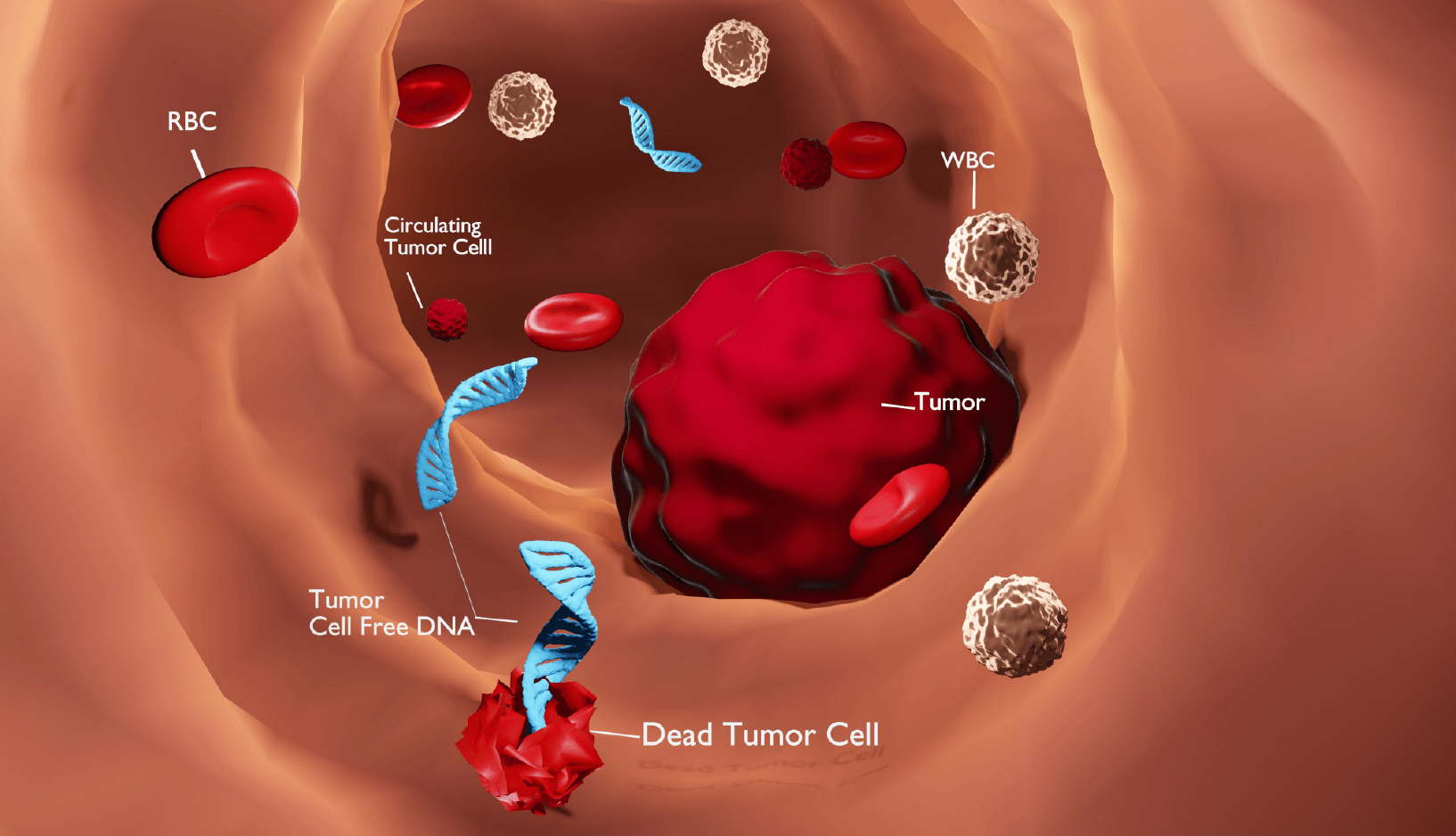<< Back to MOTIFvations Blog Home Page
Can we detect Parkinson’s Disease....looking at DNA Methylation?

October 28, 2024
Table of Contents:
Introduction: The Impact of Epigenetics on Parkinson's Disease Risk
The complex interaction between genetic (Tran et al.) and environmental (Bellou et al.) factors, mediated through epigenetics, may significantly influence Parkinson's disease pathogenesis. Previous epigenetic analyses in blood samples (so-called "liquid biopsies") suggested the existence of Parkinson's disease-associated differential DNA methylation patterns (Chuang et al. 2017, Chuang et al. 2019, and Henderson et al.); however, small cohorts and/or the heterogeneous nature of said cohorts has hampered the definition of clear conclusions.
With this in mind, researchers guided by Paulina Gonzalez-Latapi and Dimitri Krainc (Northwestern University Feinberg School of Medicine) sought to evaluate the differences in DNA methylation profiles in whole blood samples between patients newly diagnosed with sporadic Parkinson's disease (medication-naïve at first assessment) and healthy control individuals enrolled in the Parkinson's Progression Markers Initiative. This international, longitudinal cohort was created in 2010 to establish biomarker-defined cohorts and identify clinical, imaging, genetic, and biospecimen markers of Parkinson's disease progression (Marek et al.). A new study from the Gonzalez-Latapi and Krainc labs, recently published in the Annals of Neurology, now reveals that the DNA methylation alterations identified in whole blood samples may represent a helpful epigenetic biomarker of Parkinson's disease (Gonzalez-Latapi et al.).
The Changing Profiles of DNA Methylation in Parkinson's Disease Patients Over Time
Gonzalez-Latapi et al. evaluated DNA methylation (~850,000 CpG sites on the Infinium MethylationEPIC array, generated with bisulfite-converted blood DNA) and gene expression profiles (via RNA-sequencing) from whole blood samples from 196 Parkinson's disease patients and 86 healthy controls. Parkinson's disease patients possessed over 5,000 differentially methylated CpGs (a comparable amount of hypermethylated and hypomethylated CpGs) compared to healthy controls at enrollment. Genes of interest potentially affected by differential methylation included CYP2E1, NDRG4, RGS14, VPS28, and ACOT1; meanwhile, gene ontology analysis indicated an association of differentially methylated CpGs with brain-specific pathways such as Focal adhesion, Cholinergic synapse, Glutamatergic synapse, and Dopaminergic synapse. Gene ontology analysis of the top differentially methylated regions (clusters of contiguous differentially methylated CpGs) suggested an association of differentially methylated CpGs with neural functions such as Dopaminergic synapse, Tyrosine metabolism, and Notch signaling pathway.
RGS14 encodes a protein that helps to regulate synaptic plasticity in neurons (Montanez-Miranda et al. and Lee et al.), while reduced protein expression occurs in the brains of Parkinson's disease patients (Vogt et al.). The VPS28 gene encodes a protein that may mitigate alpha-synuclein toxicity by regulating protein sorting within the Golgi complex (Liang et al.). The ACOT1 gene product functions in the brain metabolism of long-chain acyl-CoAs (Cavalli et al.) and may regulate peroxisome proliferator-activated receptor signaling (Franklin et al.); meanwhile, the NDRG4 gene, whose protein maintains intracerebral brain-derived neurotrophic factor levels and supports astrocyte function, suffers from reduced expression in Parkinson's disease-affected brains. The identification of the CYP2E1 gene corroborates previous research linking CYP2E1 expression to Parkinson's disease (Kaut et al. 2012 and Kaut et al. 2022); the encoded protein metabolizes pesticides and volatile solvents into toxic reactive intermediates that may prompt Parkinson's disease.
The RNA-sequencing analysis carried out on the same initial samples revealed the differential expression of 75 genes in Parkinson's disease patients compared to the healthy controls (71 overexpressed and 4 under expressed); interestingly, integration of the epigenetic and transcriptomic data revealed 20 overexpressed genes with associated DNA hypomethylation and one under expressed gene (CTSH) with associated DNA hypermethylation. CTSH encodes a lysosomal cysteine protease (Cathepsin H) involved in lysosomal protein metabolism, which has relevance due to the association of lysosomal dysfunction with Parkinson's disease (Peng et al.).
Lastly, the authors reported that 579 CpGs underwent significant DNA methylation changes over the following three years in Parkinson's disease patients. The genes associated with these CpGs played roles in critical biological pathways such as Focal adhesion, Phosphatidylinositol signaling pathway, Ras signaling pathway, Glutamatergic synapse, and ECM-receptor interaction. Of note, 7 hypomethylated CpGs lay close to the CYP2E1 locus, while 4 hypermethylated CpGs associated with NDRG4.
Towards the Future of Detecting Parkinson's Disease via the Epigenetic Analyses of Liquid Biopsies?
Overall, this exciting paper provides evidence that altered DNA methylation patterns detected in liquid biopsies may serve as an epigenetic biomarker for Parkinson's disease. The authors hope to expand their analysis from the 850,000 CpG sites assayed here and move beyond bisulfite conversion, which can prompt DNA damage, fragmentation, and lower library yields. Furthermore, the team aims to evaluate how environmental and lifestyle factors affect DNA methylation by evaluating the data collected as part of the Parkinson's Progression Markers Initiative and explore the potential of DNA methylation as a biomarker for Parkinson's disease patients at high risk of progressing to motor symptoms.
For more on how the epigenetic analysis of liquid biopsies may help to detect Parkinson's disease, see Annals of Neurology, April 2024.
About the author

Stuart P. Atkinson, Ph.D.
Stuart was born and grew up in the idyllic town of Lanark (Scotland). He later studied biochemistry at the University of Strathclyde in Glasgow (Scotland) before gaining his Ph.D. in medical oncology; his thesis described the epigenetic regulation of the telomerase gene promoters in cancer cells. Following Post-doctoral stays in Newcastle (England) and Valencia (Spain) where his varied research aims included the exploration of epigenetics in embryonic and induced pluripotent stem cells, Stuart moved into project management and scientific writing/editing where his current interests include polymer chemistry, cancer research, regenerative medicine, and epigenetics. While not glued to his laptop, Stuart enjoys exploring the Spanish mountains and coastlines (and everywhere in between) and the food and drink that it provides!
Contact Stuart on Twitter with any questions
Related Articles
Parkinson's Disease Described at Single-cell Epigenetic & Transcriptomic Level
June 21, 2024
Paired transcriptomic and epigenetic analyses in single brain cells has illuminated which cells and what mechanisms are involved in age-related neurodegenerative disorders. Thanks to new research from the Yoshiaki Tanaka lab at Université de Montréal and Yoon-Seong Kim at Rutgers University. We present an overview of how they employed this paired profiling to post-mortem brain samples to explore the mechanisms involved in normal aging and Parkinson's disease development!
Read More
DNA Methylation’s Impact on cfDNA Fragmentation – Considerations When Choosing Biomarkers
August 29, 2023
A new understanding of how differential DNA methylation may impact cell-free DNA fragmentation may help in the identification of powerful biomarkers in liquid biopsies.
Read More
The Power of THEMIS – a cfDNA Methylome & Fragmentome Tool for Early Cancer Detection
August 16, 2024
Integrating cell-free DNA methylome and fragmentome data into the ensemble THEMIS classifier can improve the early detection of cancer. Why hasn’t this been done before? Our review of this new approach in Nature Communications will get you thinking.
Read More
An Epigenomic Compendium of Sporadic ALS Cases – R-loops & the DNA Methylome
February 22, 2024
Researchers report a compendium that describes the involvement of genetic variants and alterations to DNA methylomes and R-loop accumulation in sporadic cases of amyotrophic lateral sclerosis. Sounds daunting, but we break down some key concepts that show, once again, the relevance of epigenetic analysis in human disease.
Read More
<< Back to MOTIFvations Blog Home Page










